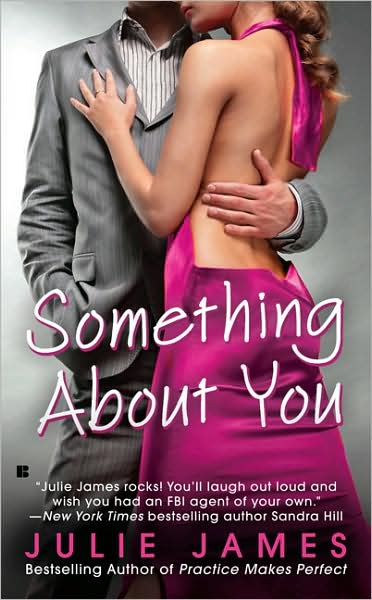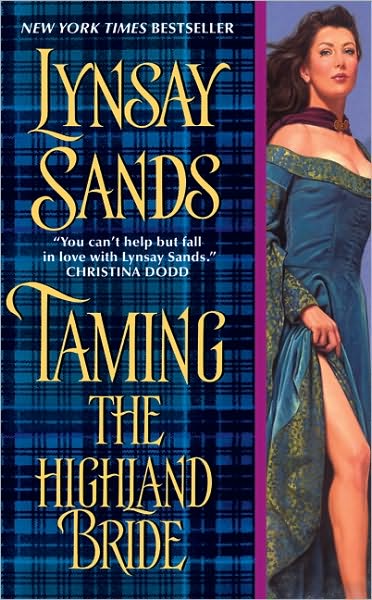 I'll just come out and say it: The Monsters of Templeton is an enjoyable book, and I recommend it. I found it engaging and easy to stick with from beginning to end. The book is essentially the story of Willie Upton, a young woman who returns home to Templeton, New York, after she has an affair with one of the married professors in her graduate program. While she's home, she learns for the first time that her father is not who she thought he was. Well, she never knew her father, but she had always been told that it was one of three men that her hippie, teenage mother slept with in a San Francisco commune. As it turns out, that was a lie. Her real father is someone from Templeton. While she's biding her time back home, Willie decides to set out and find out who her real father is. All her mother will tell her is that he is a descendant of Marmaduke Temple, the founder of the town.
I'll just come out and say it: The Monsters of Templeton is an enjoyable book, and I recommend it. I found it engaging and easy to stick with from beginning to end. The book is essentially the story of Willie Upton, a young woman who returns home to Templeton, New York, after she has an affair with one of the married professors in her graduate program. While she's home, she learns for the first time that her father is not who she thought he was. Well, she never knew her father, but she had always been told that it was one of three men that her hippie, teenage mother slept with in a San Francisco commune. As it turns out, that was a lie. Her real father is someone from Templeton. While she's biding her time back home, Willie decides to set out and find out who her real father is. All her mother will tell her is that he is a descendant of Marmaduke Temple, the founder of the town.A little background: Groff is from Cooperstown, and she essentially models Templeton on Cooperstown. I've never read any of James Fennimore Cooper's work, but apparently some of it is set in Templeton? I don't really know, but I think it was very clever of Groff to write about her hometown in this way. Willie and her mother are legitimate descendants of Marmaduke Temple and his son, the famous American author Jacob Franklin Temple (Fennimore Cooper's fictional counterpart, obviously). They're also illegitimate descendants through the slave that Marmaduke fathered a child with. When Willie finds out that her biological father is also an illegitimate descendant of Marmaduke, she understandably wants to find out where that branch of the family tree budded from---if for no other reason than to assure herself that's she's not a complete inbred. So Willie devotes her summer to researching the family history and finding which adulterous ancestor spawned her father's lineage, hoping to work her way down in order to identify her father.
From that point on, the book alternates between historical accounts, diaries, letters, etc, of various Temple ancestors. There are a number of interesting stories that are told along the way. All very entertaining. the only downside was that Willie was very hard for me to relate to, but she was still very likable. I think that is attributable to Groff's skill as a writer. I think I read in the reading guide at the back of the book how Groff wrote Willie thinking of the kind of wild, adventurous girls she always admired from afar. After reading that, I was able to view Willie in a more favorable light. I don't know why, but that made a difference. I guess I could accept Willie's faults easier knowing that Groff wasn't necessarily advocating or condoning her actions, just writing about a character. (Funny how that's hard to do. I think that's what sets me apart from writers. I have a hard time writing about things I don't know or don't like. Again, a testament to Groff's talent.)



